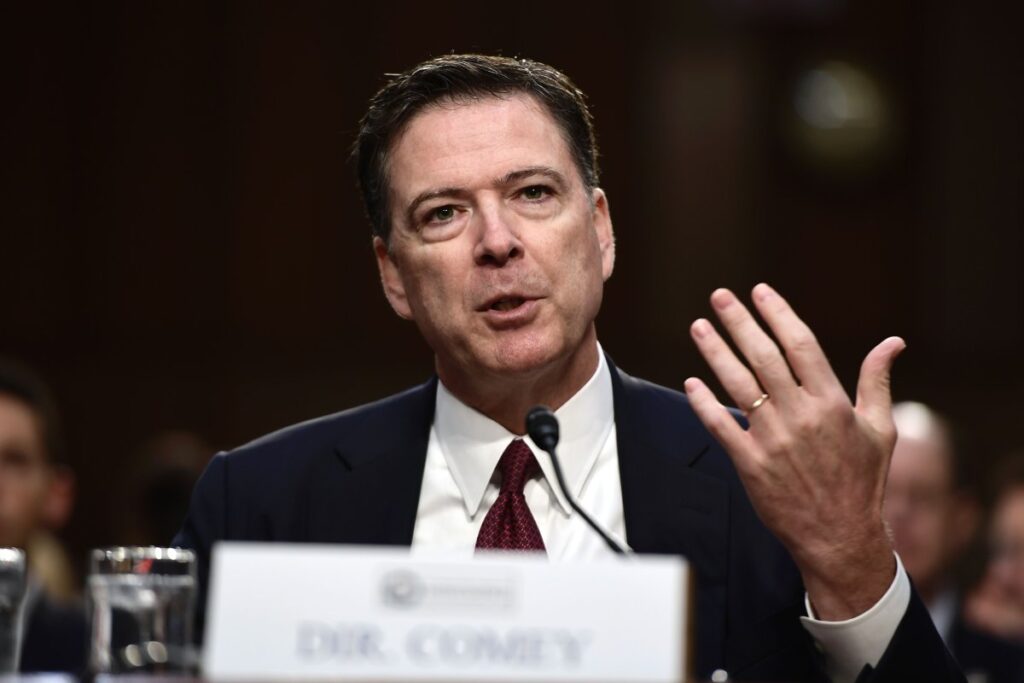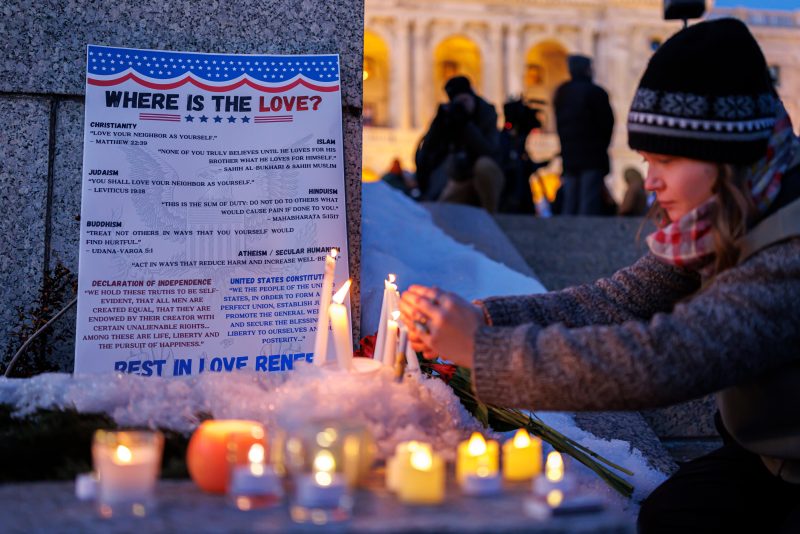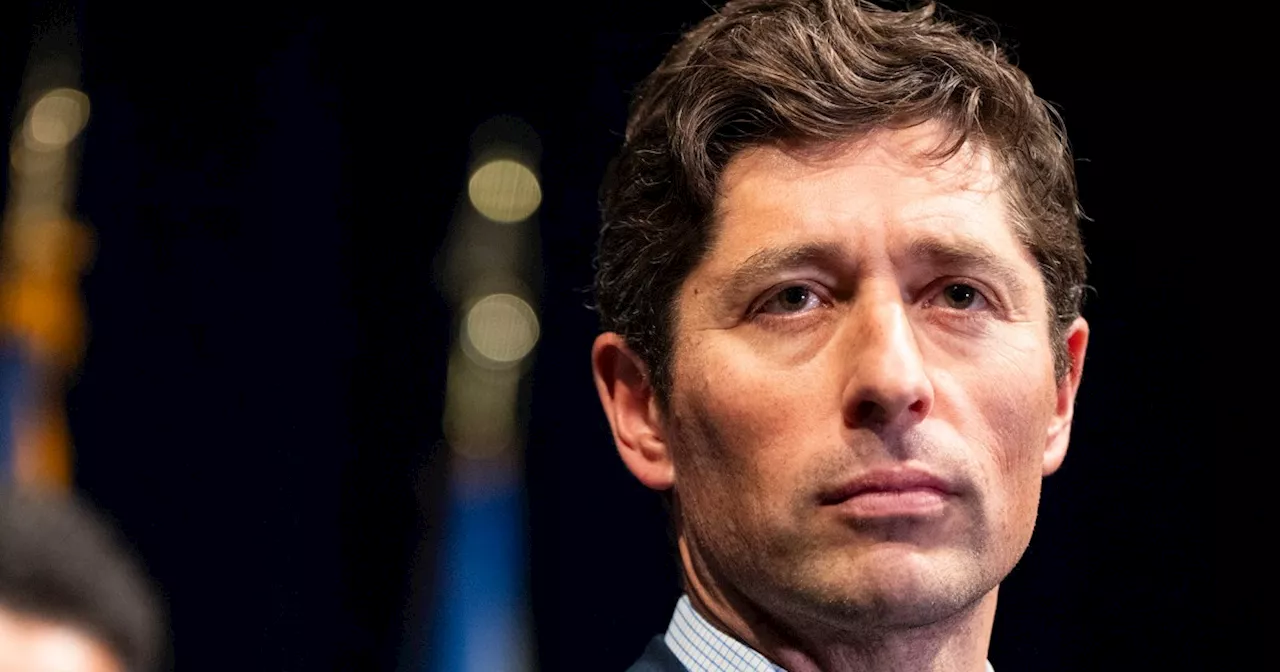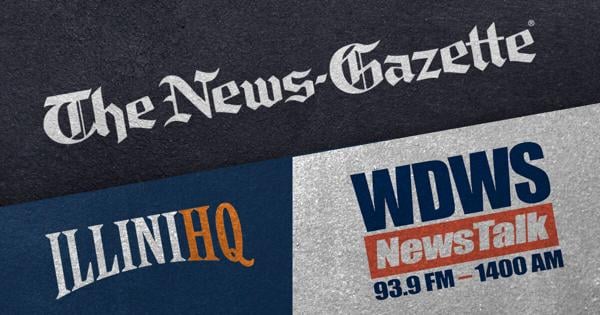
The recent indictment of former FBI Director Jim Comey has raised significant concerns regarding the integrity of the U.S. justice system. Ordered by former President Donald Trump, the charges allege that Comey made false statements to Congress and obstructed justice. Legal experts have described this case as lacking merit and expect it to be dismissed by a federal judge. This situation highlights the ongoing tensions between Trump and figures he perceives as political adversaries.
The indictment process has been contentious from the start. Erik Siebert, Trump’s own appointment as U.S. attorney for the Eastern District of Virginia, notably refused to pursue charges against Comey, citing the weakness of the case. This decision reportedly led to Siebert’s departure from his position; Trump claimed he was fired, while Siebert maintains he resigned. Following his exit, the administration appointed Lindsey Halligan, who proceeded to present the case to a grand jury despite the objections of her team.
Halligan’s previous role as a White House monitor focused on ideological compliance raises questions about the motivations behind this indictment. Critics argue that Comey’s true “crime” lies in his vocal opposition to the administration, particularly regarding allegations of the weaponization of the justice system. Trump’s directive to Attorney General Pam Bondi to target Comey appears to be part of a broader strategy to undermine political opponents.
In response to the indictment, Comey has expressed his intention to fight the charges in court, emphasizing that he will not be intimidated. His stance reflects a broader concern over the implications of such actions on democratic principles. Legal analysts suggest that this case, like others initiated under Trump’s administration, may lack sufficient evidence to proceed.
The administration’s focus on Comey has drawn attention away from other instances of potential misconduct among high-profile officials. For instance, Robert F. Kennedy Jr. has faced scrutiny for statements regarding vaccines made during his Senate confirmation hearings, alongside various cabinet members who have been accused of providing misleading testimony to Congress. Despite these allegations, there appears to be little inclination from current U.S. attorneys to pursue investigations.
The ability of courts to dismiss charges brought forth under political pressure has been demonstrated in previous cases. Legal experts remain skeptical about the viability of the charges against Comey, suggesting that they may follow a similar trajectory. The situation serves as a reminder of the ongoing struggle to maintain the rule of law in a politically charged environment.
As the legal battle unfolds, the implications of Trump’s actions on the justice system and democratic norms will likely continue to be a topic of heated debate. The outcome of this case could further illuminate the complexities of accountability and governance in contemporary American politics.







